A new insect farm in China uses kitchen waste to grow black soldier fly larvae, which are then harvested as animal feed.
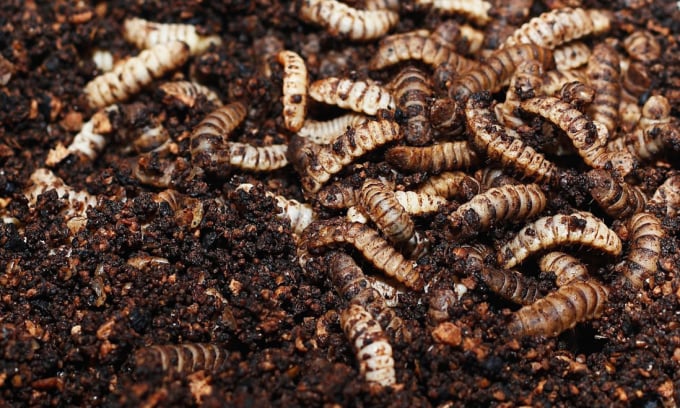
Black soldier fly larvae feed on organic waste before being harvested for animal feed and other products. Photo: Shutterstock
Insects raised on kitchen waste and other organic waste could be a more sustainable way to provide protein as traditional sources become scarce, SCMP reported on August 8. Protein from insects is nutritious, good for animal health, and can also help address dwindling fish stocks and environmental concerns related to farming.
Every day, city dwellers generate a large amount of biodegradable kitchen waste and other materials that would otherwise go to waste. In Shanghai alone, the average daily volume of wet waste was 9,329 tonnes between March and July 2022. However, the city only processed 8,200 tonnes per day, leaving around 1,100 tonnes.
Insect farming technology offers a promising solution to both the protein supply and waste disposal problems. Specifically, insects fed on treated wet waste help convert organic matter into a nutrient source.
The insect farm, set up by the Shanghai Urban Construction Investment Group, is testing a process that turns 50 tons of treated wet waste into 11 tons of protein-rich larvae and 12.8 tons of organic fertilizer per day. The farm uses black soldier flies native to the tropical grasslands of South America, according to new research in the journal Guangdong Chemical Industry.
According to Ma Cong, the study's lead author, they chose black soldier flies because they have a short life cycle of only about 35 days and are resilient, making them ideal for breeding. "By grinding up waste and adjusting the water content, scientists created the right environment for black soldier fly larvae. The third-stage larvae can develop into fifth-stage larvae with bodies rich in protein and fat in just one week," he said.
“The feces of these larvae are rich in organic matter, nitrogen, phosphorus, potassium and many beneficial bacteria, making them an excellent organic fertilizer,” Ma added. The larvae can be harvested for use in animal feed, pet food, bio-oil and other products. Some larvae are selected to lay eggs after pupating.
While insect farming in China is still in its infancy, the process has been proven in the Netherlands, where Protix converted 65,000 tonnes of waste into 14,000 tonnes of larvae. According to Protix CEO Kees Aarts, the nutritional and environmental benefits of insect protein mean it has the potential to become an important resource in the future, starting with animal feed.
“Black soldier flies have a high feed conversion efficiency, a short life cycle, the ability to feed on low-grade organic matter and continue feeding past the adult stage. They require much less land and water to produce the same amount of protein as poultry or beef offal,” says Aarts.
Thu Thao (According to SCMP )
Source link


![[Photo] Nhan Dan Newspaper displays and solicits comments on the Draft Documents of the 14th National Party Congress](https://vphoto.vietnam.vn/thumb/1200x675/vietnam/resource/IMAGE/2025/10/26/1761470328996_ndo_br_bao-long-171-8916-jpg.webp)
![[Photo] Enjoy the Liuyang Fireworks Festival in Hunan, China](https://vphoto.vietnam.vn/thumb/1200x675/vietnam/resource/IMAGE/2025/10/26/1761463428882_ndo_br_02-1-my-1-jpg.webp)


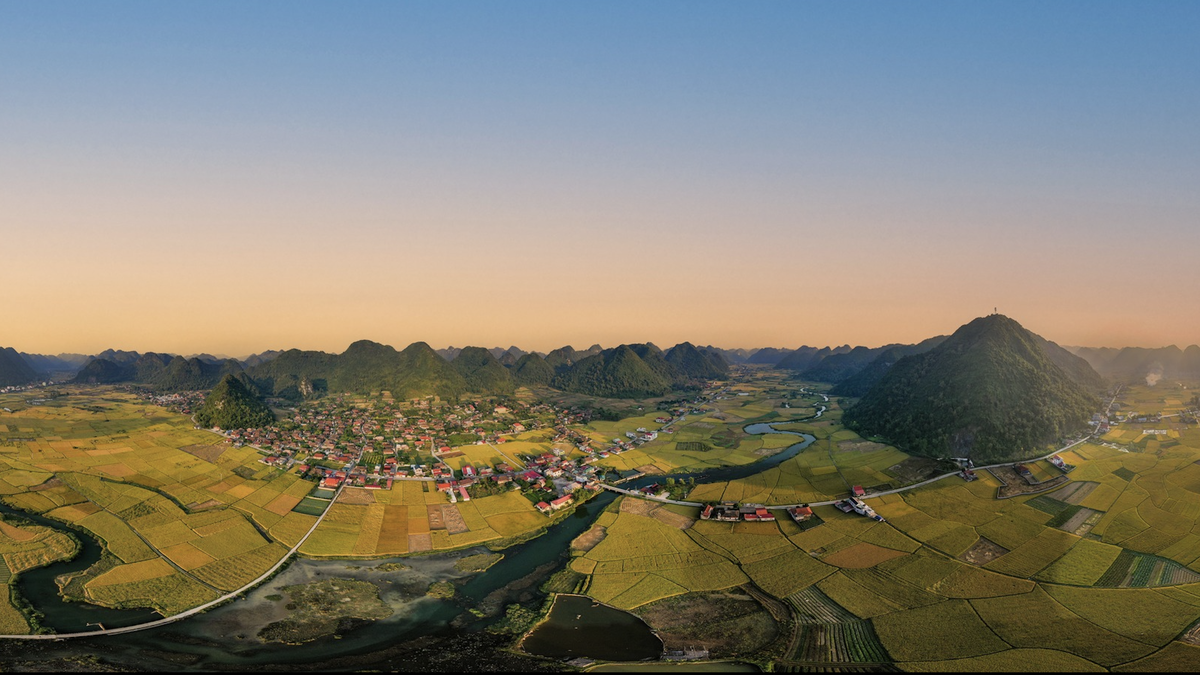

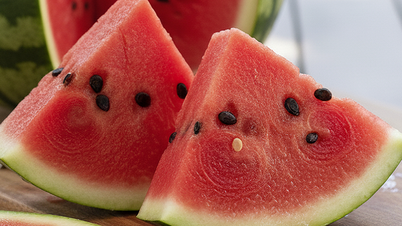

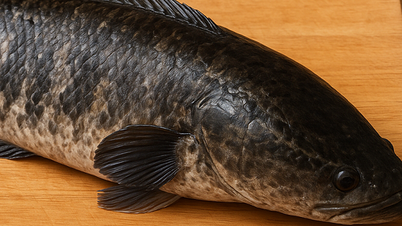


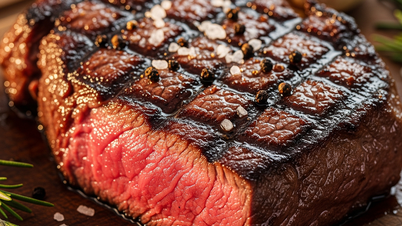

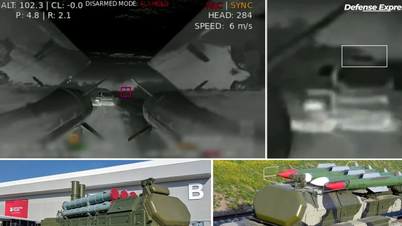

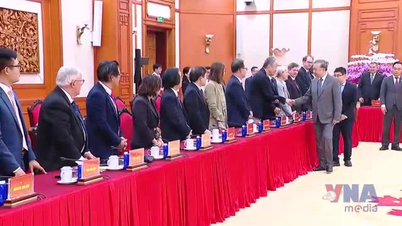


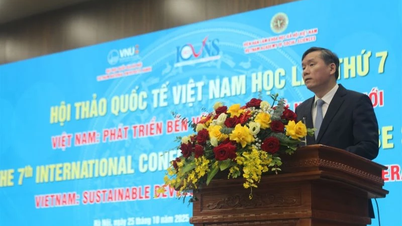














![[Photo] Prime Minister Pham Minh Chinh attends the opening of the 47th ASEAN Summit](https://vphoto.vietnam.vn/thumb/1200x675/vietnam/resource/IMAGE/2025/10/26/1761452925332_c2a-jpg.webp)
![[Photo] General Secretary To Lam received the delegation attending the international conference on Vietnam studies](https://vphoto.vietnam.vn/thumb/1200x675/vietnam/resource/IMAGE/2025/10/26/1761456527874_a1-bnd-5260-7947-jpg.webp)















































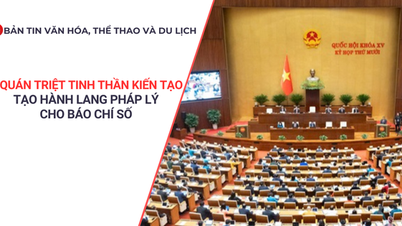

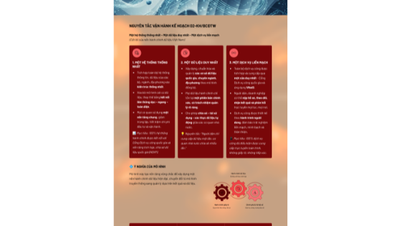

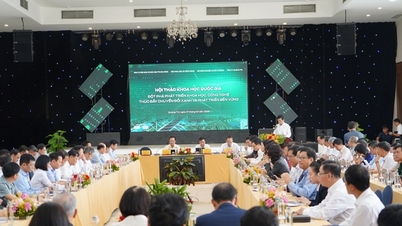


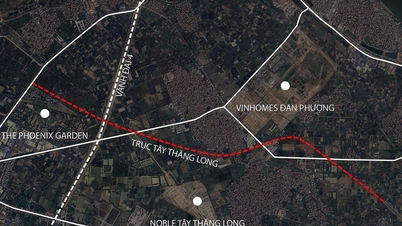




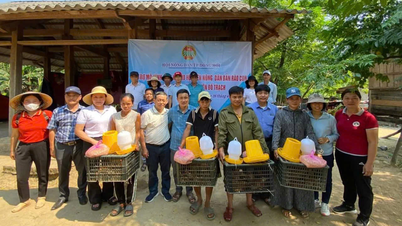
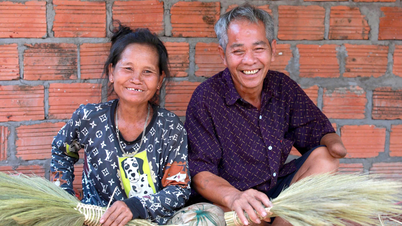
















Comment (0)